In the face of protests, Shehbaz Sharif secured 201 votes in parliament on Sunday to win a second term as prime minister of Pakistan.On Tuesday, Prime Minister Narendra Modi used X to congratulate Shehbaz Sharif, the newly elected prime minister of Pakistan who represents the Pakistan Muslim League-Nawaz (PML-N) party.
“Happy to be sworn in as the Prime Minister of Pakistan, @CMShehbaz,” PM Modi wrote.In the face of protests, Shehbaz Sharif secured 201 votes in parliament on Sunday to win a second term as prime minister of Pakistan. Along with the Pakistan People’s Party (PPP) of Bilawal Bhutto Zardari, his party, the PML-N, will form a coalition government.
For the function of speaker of the national assembly, party loyalist Sardar Ayaz Sadiq received the support of PML-N chief Nawaz Sharif, who supported his younger brother Shehbaz Sharif.
It was agreed that Maryam Nawaz, the daughter of Nawaz Sharif, would lead Punjab province as chief minister as part of the agreement forming the PML-N-PPP alliance. Maryam, Nawaz’s political heir, became the nation’s first female chief minister of any province when she took the oath of office on February 26. The other provision of the agreement stated that Asif Ali Zardari, the former president of Pakistan and senior leader of the PPP, would become the party’s president.
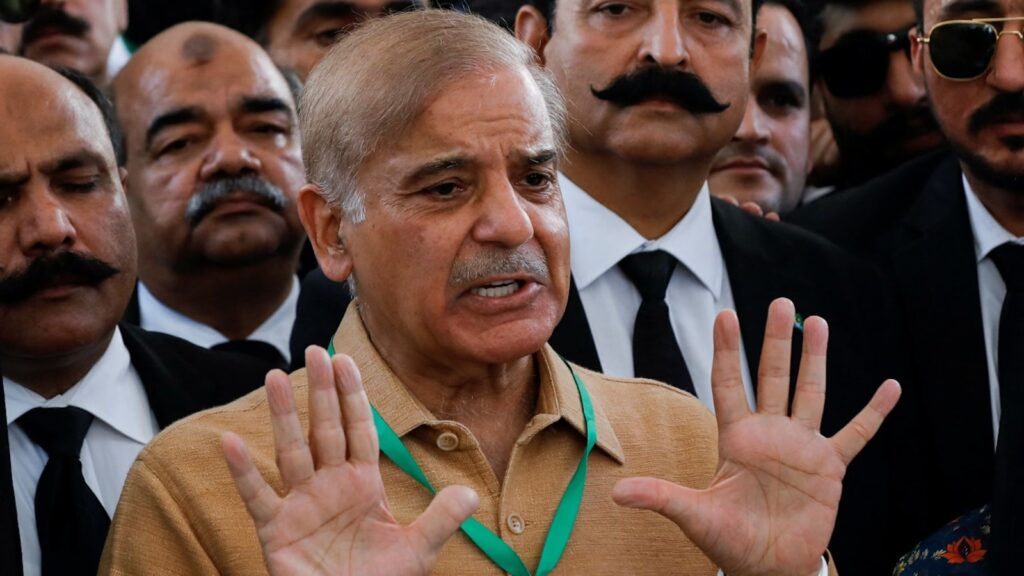
Sharif’s party, the Nawaz PML-N, came in second in the February 8 elections. The Pakistan Tehreek-e-Insaf (PTI), the party of imprisoned former prime minister Imran Khan, backed independent candidates who won the most seats but were unable to secure a majority in parliament.
Results of the election in Pakistan
A party can only form a government in Pakistan if it wins 133 of the 265 contested seats in the 266-member national house, according to the country’s constitution.
Out of 265 seats in the national legislature, independent candidates allied with Imran Khan’s PTI secured 93 positions.
The Pakistan Muslim League-N, led by Nawaz Sharif, won 75 seats in the national assembly.
- In the national assembly, the Pakistan People’s Party (PPP) secured 54 seats.
The Muttahida Qaumi Movement Pakistan (MQM-P), situated in Karachi, was able to secure 17 seats by standing up for Urdu-speaking Indian migrants during the partition.
A candidate’s death forced a postponement of the election for one seat.

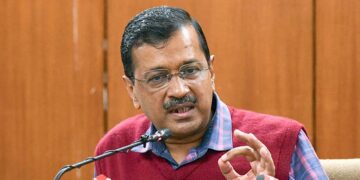
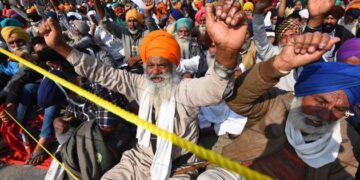
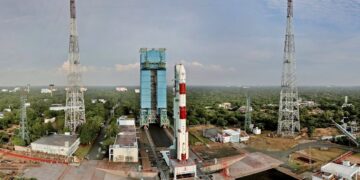


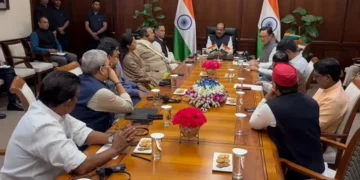

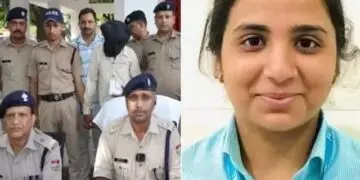






























Comments 1